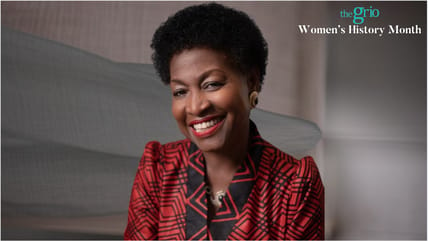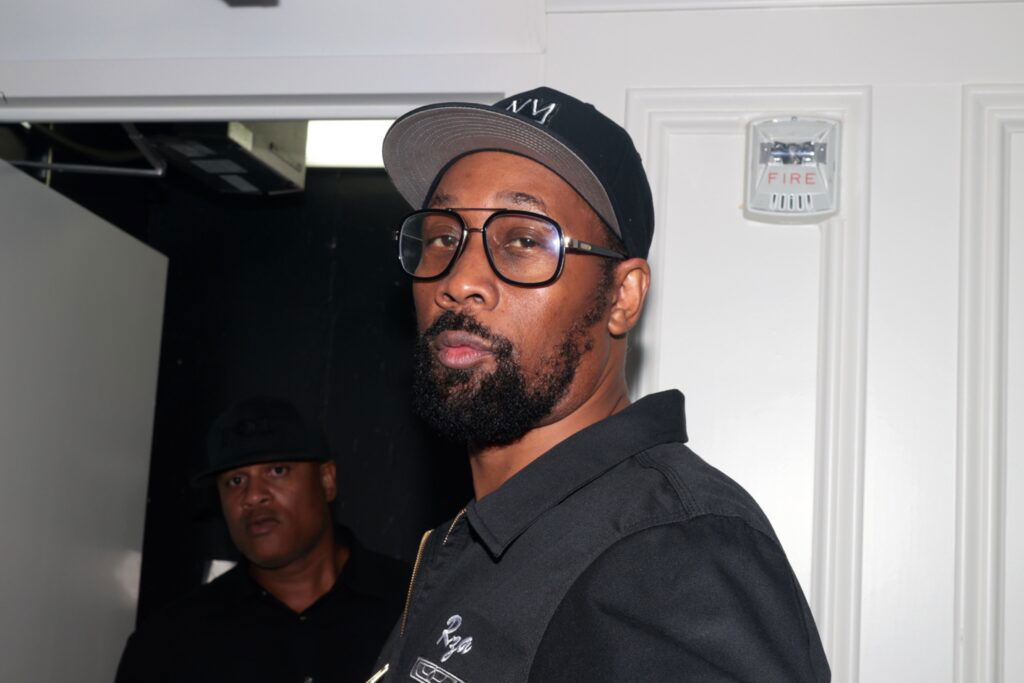When folks talk about Haiti’s revolution, names like Toussaint Louverture and Jean-Jacques Dessalines get all the shine. But what about Sanité Bélair, who faced the firing squad with her head high? Or Cécile Fatiman, whose spiritual power helped ignite the revolution? Or Marie-Jeanne Lamartinière, who picked up a musket and defended Haiti’s freedom like her life depended on it—because it did?
These women weren’t in the background. They were the backbone.
Their spirit didn’t disappear with the end of the revolution; it just shifted. Today, their legacy lives on—not just in textbooks, but in the actions of Haitian women who continue to organize, resist, and rebuild in the face of adversity.
At the heart of this modern movement is a simple but revolutionary belief that “Haitian women deserve space to thrive, not just survive.”
That belief is the foundation of the Haitian Ladies Network (HLN), a growing global sisterhood birthed from shared values and an unshakeable commitment to heritage, healing, and collective progress.
“We want the world to see beyond crisis-driven headlines,” HLN told theGrio, “and recognize Haiti for its depth, resilience, and brilliance.”
They are not alone in that vision.
Across borders and time zones, Haitian women are rising to challenge not just the narrative about Haiti, but the systems that have long excluded their voices and leadership from shaping its future. Organizations like HLN, the Haitian Women’s Collective (HWC), and grassroots coalitions like Nègès Mawon and Marijan Ayiti prove that when Haitian women lead, communities heal, and nations transform.
For Carine Jocely, the founder and director of HWC, it all started when she gathered a group of Haitian and Haitian-American women who were doing powerful work—building clinics, running grassroots organizations, supporting survivors, and holding down communities back home in Haiti. What started as an informal space to exchange ideas quickly revealed a deeper need: connection, visibility, and recognition for Haitian women who have always done the work, but rarely get the mic.
“I quickly realized the power and impact of their work and the need to formalize the network,” explained Jocely. “[HWC] is grounded in an unshakeable faith in the resilience of Haitian women and girls. We are committed to changing the narrative for Black women-led organizations in Haiti from one of fragility to one of strength and capacity.”
This shift in narrative is something Haitian women across the globe have been fighting for—and building toward—for years.

While mainstream media often tells one story about Haiti—one of chaos, instability, and crisis—Haitian women have been crafting another story—one rooted in legacy, resistance, community care, and vision.
They’re not just responding to Haiti’s crises. They’re reimagining what’s possible for Haiti.
Like HWC, HLN began as a gathering of like-minded women and has grown into one of the largest platforms for Haitian women worldwide. With a bold and beautifully simple goal to connect Haitian women across generations and geographies to celebrate heritage, share resources, and ignite a sense of collective power, the organization leans on five pillars: Wellness and Healing, Financial Well-Being, Voice and Influence, Bridging Haiti and its Diaspora, and Culture and Heritage. But most importantly, they offer belonging.
Whether mentoring young professionals, supporting women entrepreneurs, or cultivating cultural pride, HLN is in the business of restoration—of dignity, identity, and the right to dream beyond disaster.
“Our mission is to shift the narrative from one of struggle to one of strength, beauty, and infinite possibility with Haitian women leading the way in telling that story,” HLN representatives added.
Still, it’s an uphill battle. Only 3% of global funding for Haiti goes directly to Haitian organizations. And with USAID freezing hundreds of millions of dollars in aid, a 2025 UN Women study warns that nearly half of women’s organizations on the ground may shut down within six months.
Despite this, Haitian women keep showing up.
HWC supports frontline groups embedded in communities, offers burnout prevention and trauma-informed care, advocates for fair international policy that recognizes the expertise and leadership of Haitian women, and organizes virtual healing spaces for human rights defenders, understanding that rest is resistance, too.
“Women in general need spaces that applaud them for their work,” Jocely shared. “The grassroots groups doing the work, day in and day out, are often not recognized, provided a seat at the decision-making table, or afforded large, impactful funding opportunities,” Jocely noted.
And perhaps no group lives that ethos more than Nègès Mawon.
This Haiti-based feminist collective has made a name for itself by championing gender justice, political resistance, and healing practices amid some of the country’s darkest days. Known for its outspoken advocacy and deep-rooted cultural work, Nègès Mawon creates spaces for survivors of gender-based violence, artists, and activists to reclaim their narratives and support each other. Whether through artistic expression, community action, or direct protest, their work is a defiant celebration of what Haitian womanhood really looks like—unbought, unbossed, and unbroken.
Together, these organizations are doing more than offering aid; they are reminding the world that “Haitian heritage is not just history. It is a living force that continues to shape the world.”







